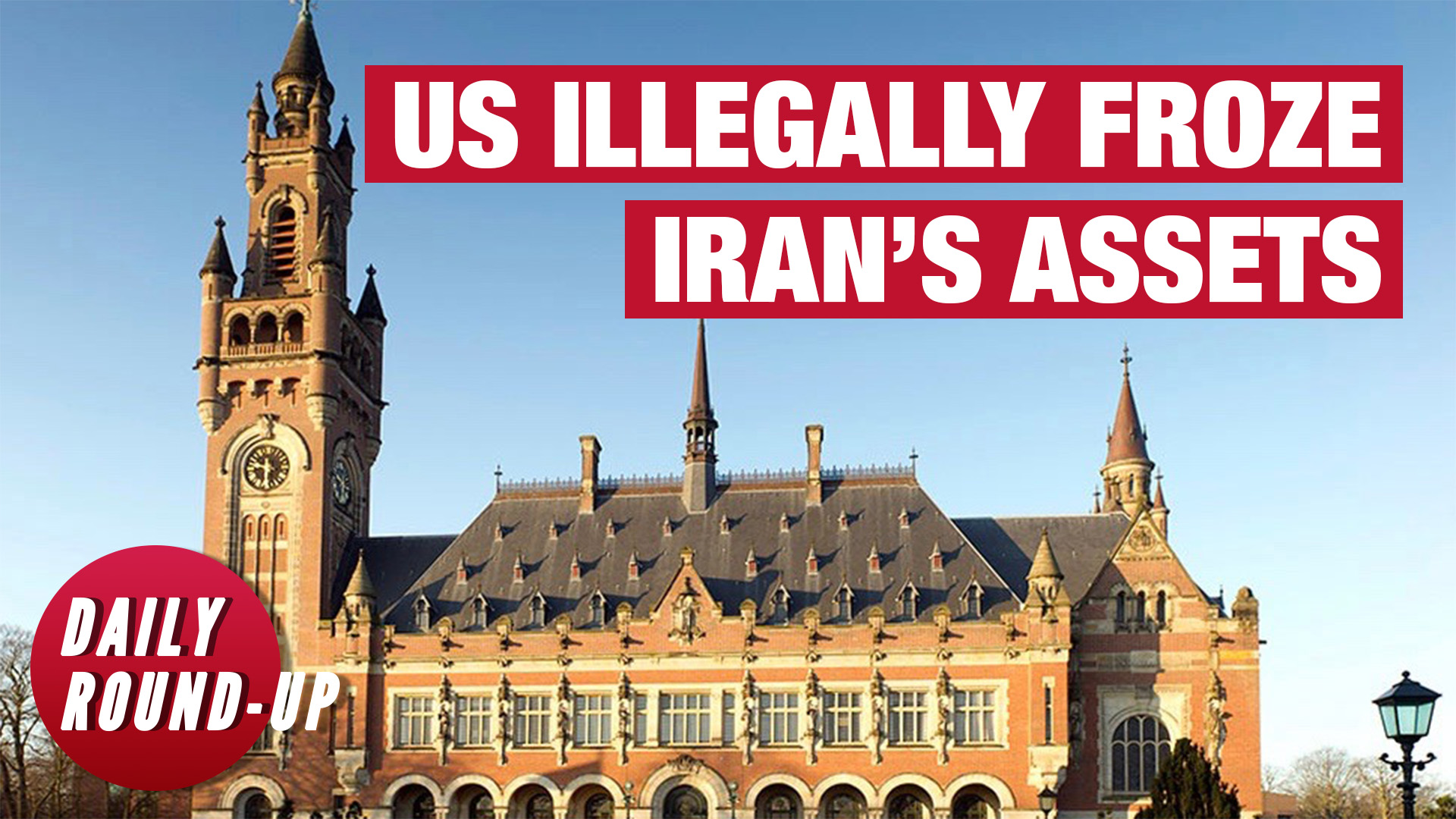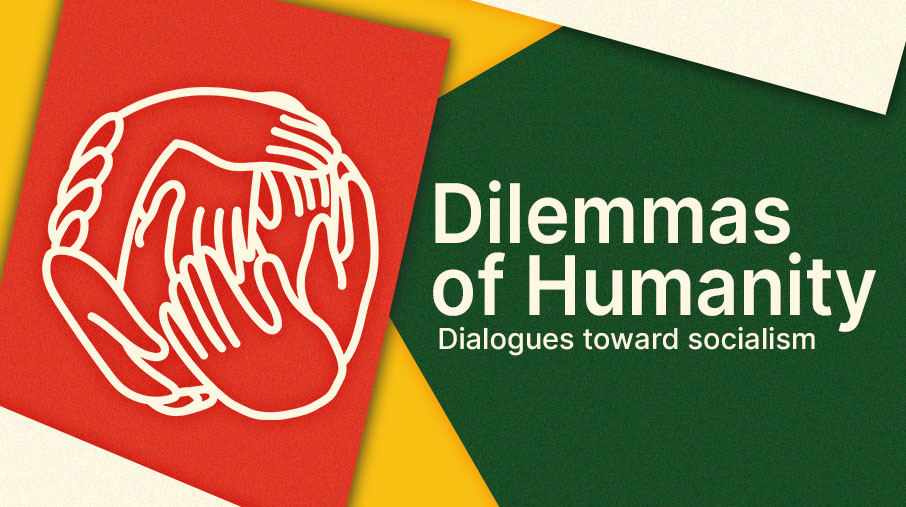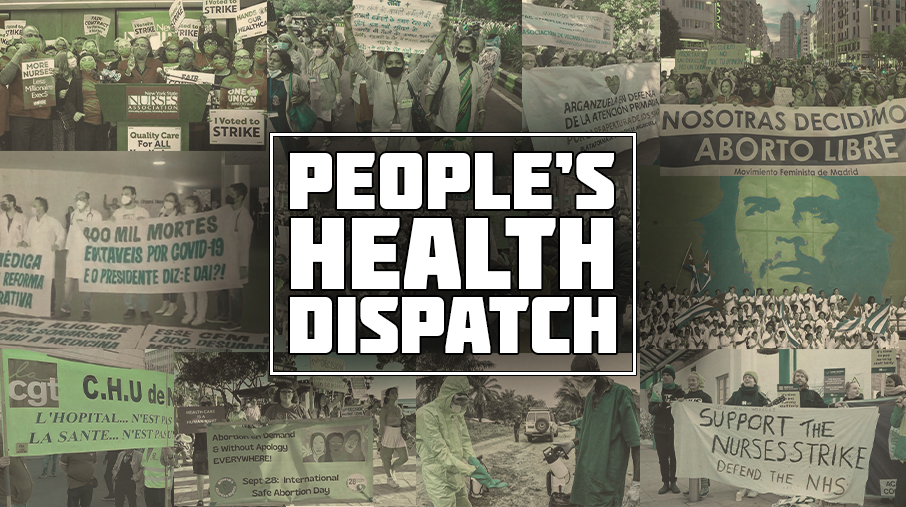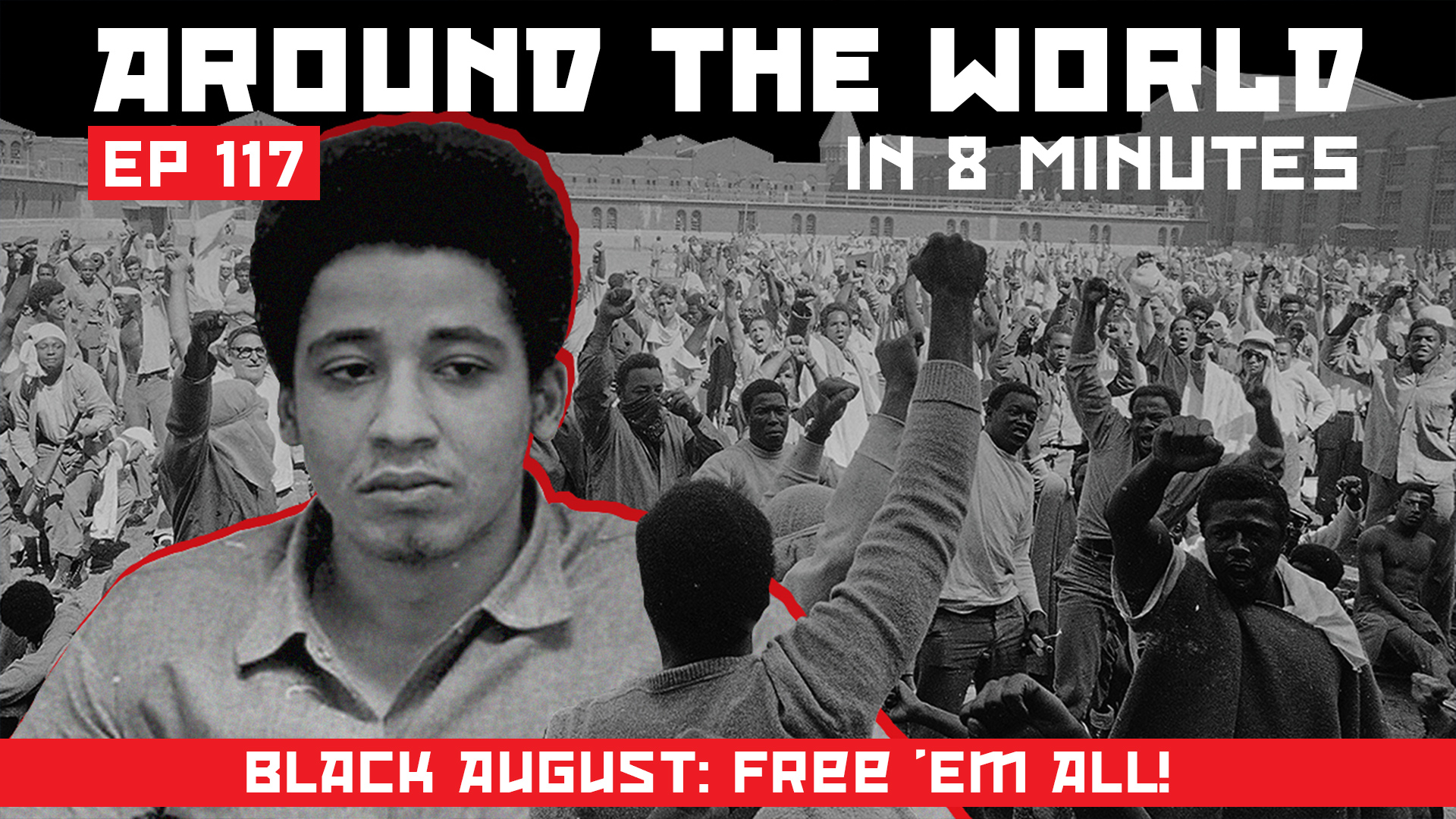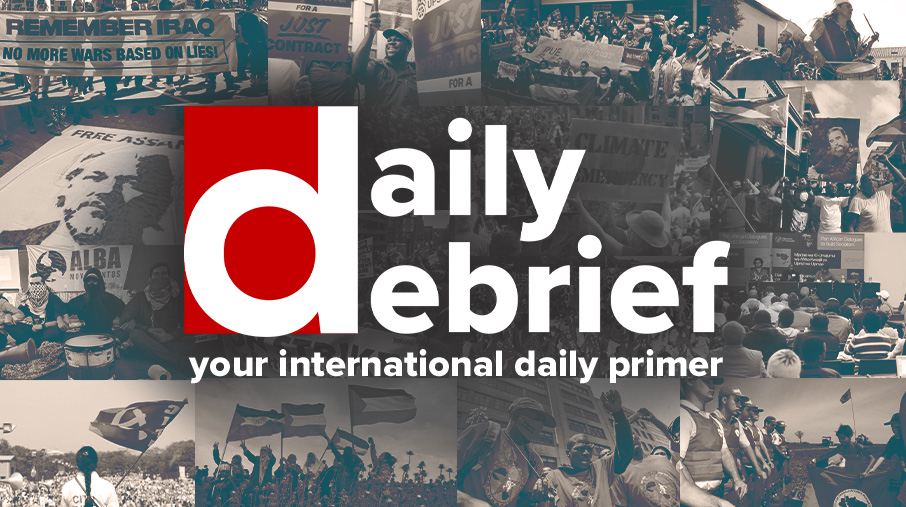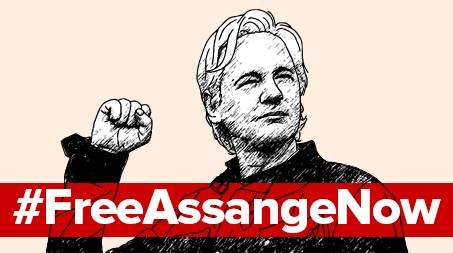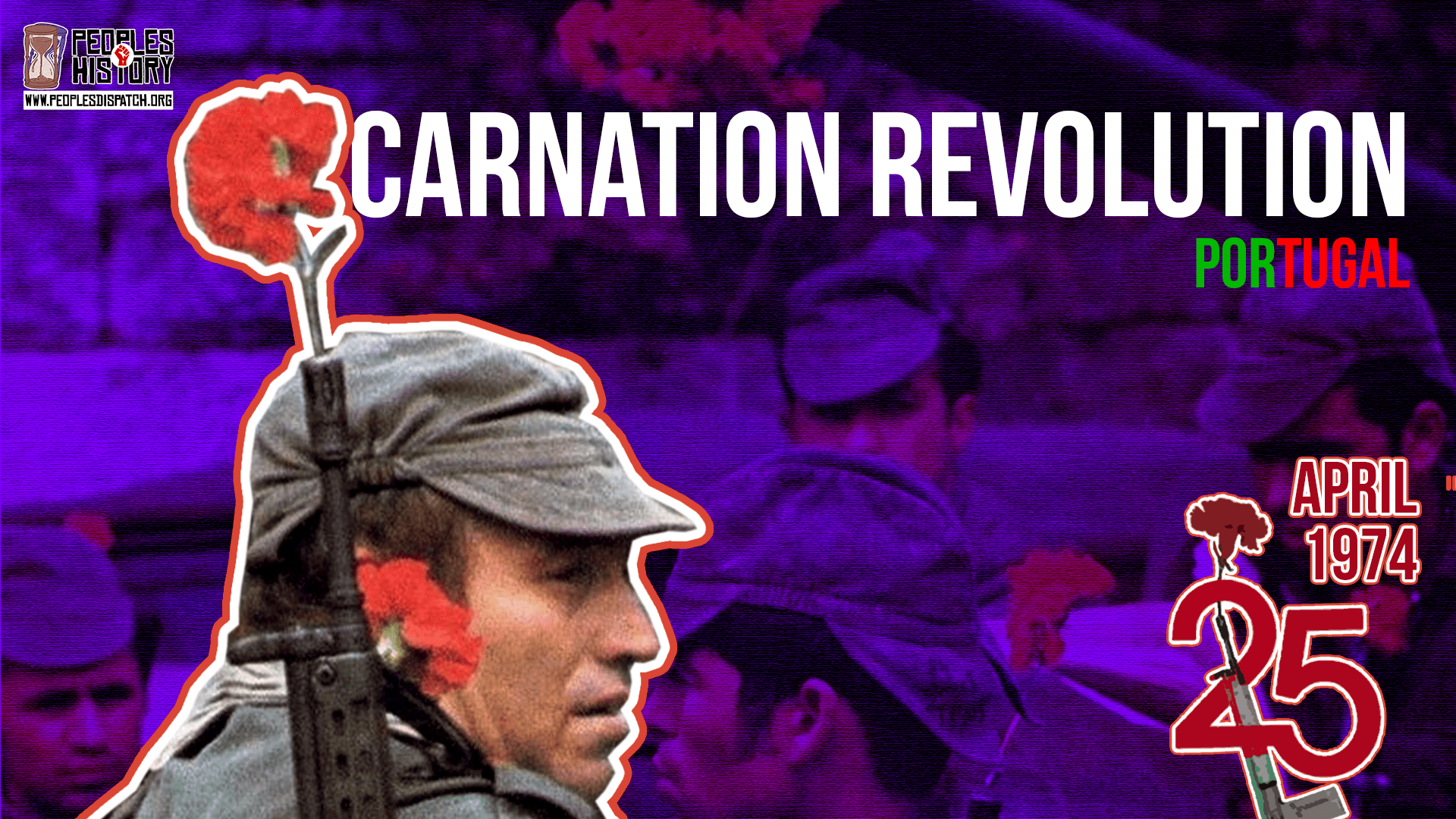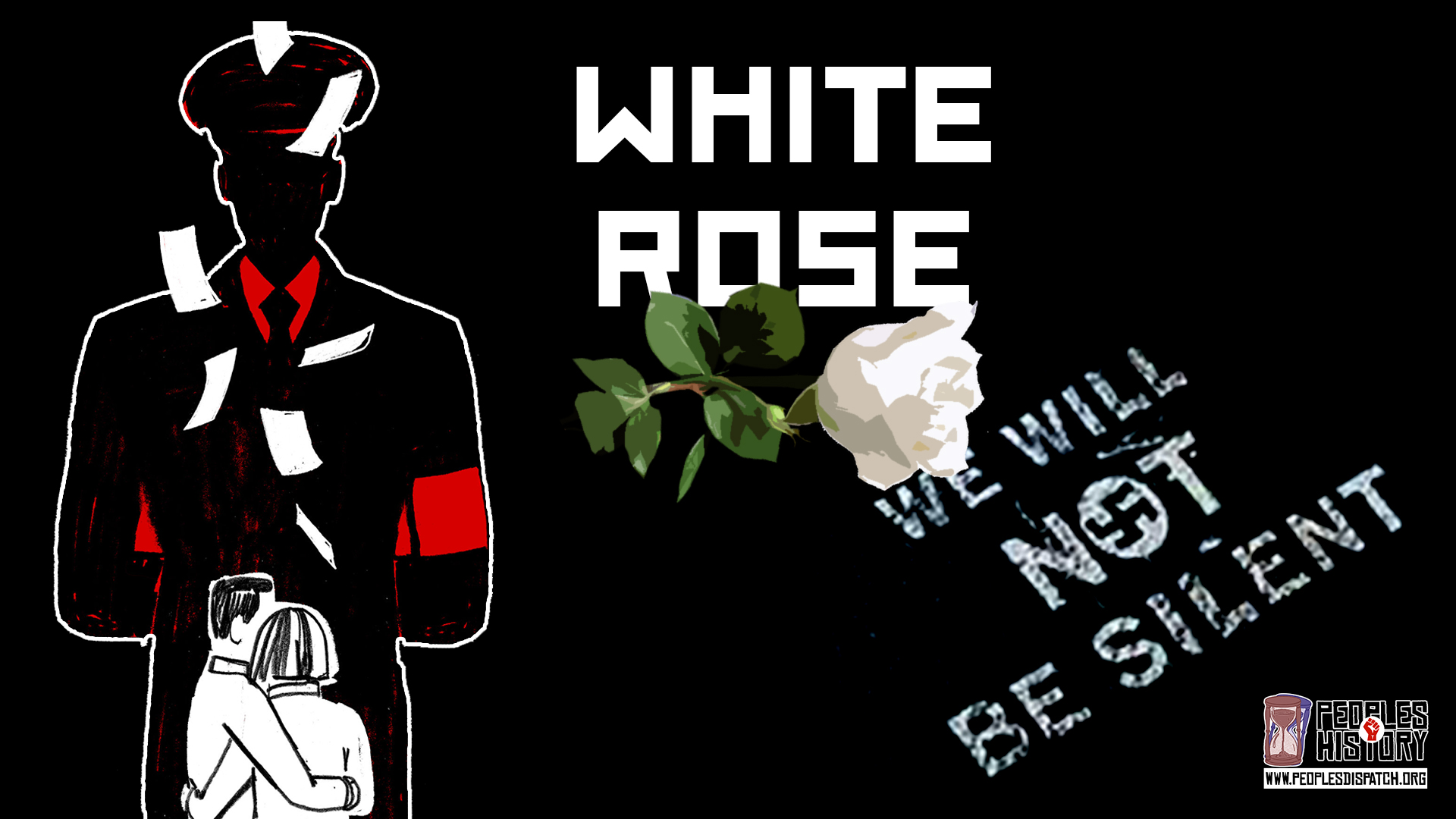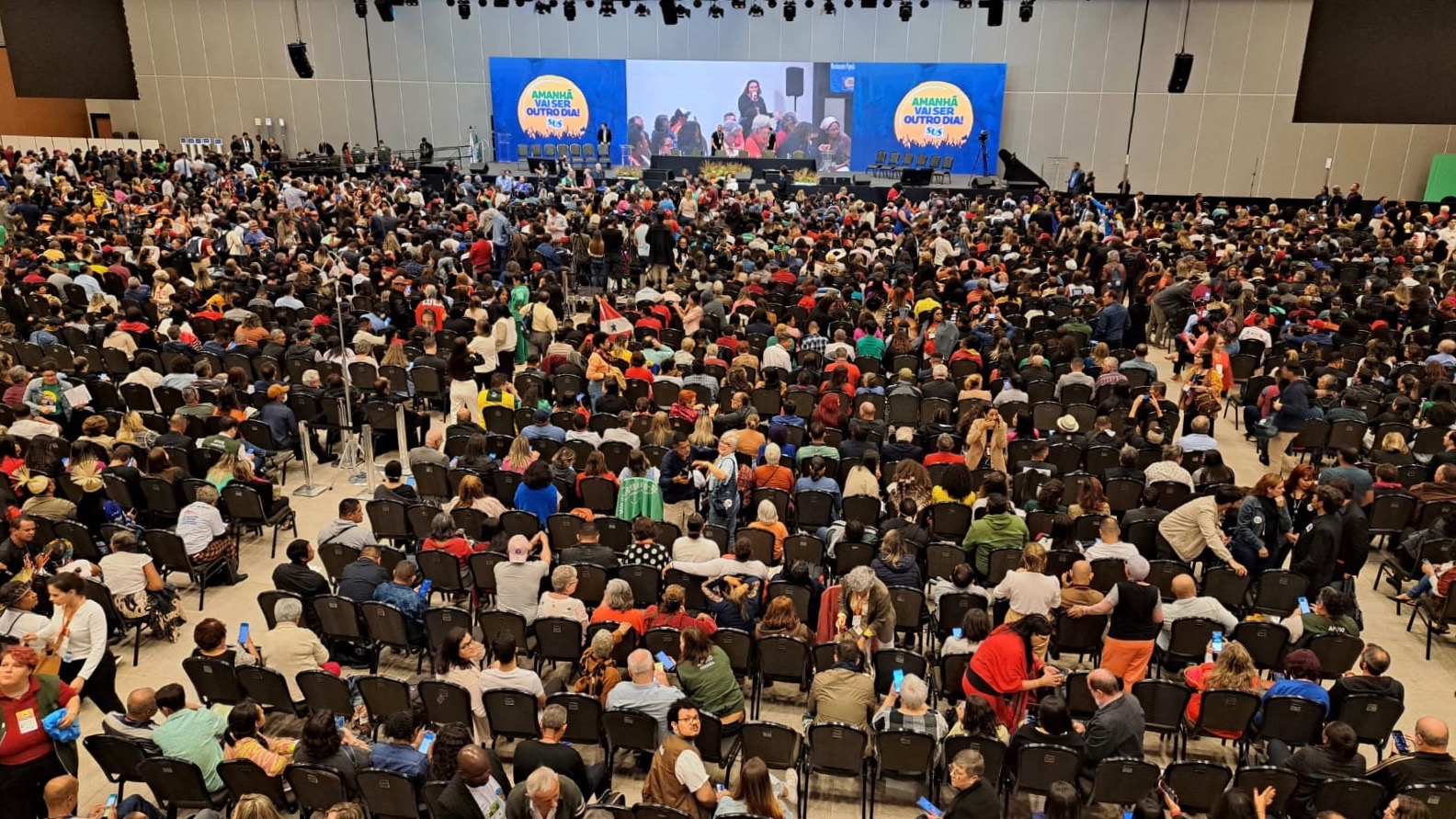 The people are the builders of the Brazil’s Unified Health System
The people are the builders of the Brazil’s Unified Health System
The 17th National Health Conference saw debates on four thematic axes on which guests and delegates could address the need to construct a truly equitable Unified Health System (SUS). Social movements were actively involved in the process
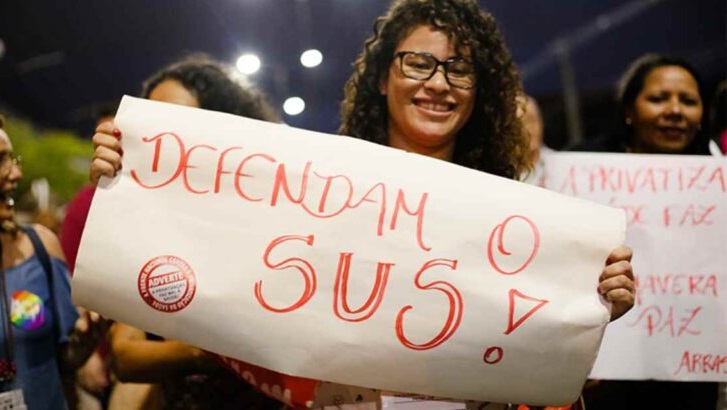 Over 4.000 delegates gather to discuss future of Brazil’s iconic health system
Over 4.000 delegates gather to discuss future of Brazil’s iconic health system
Brazil’s 17th National Health Conference will be a crucial space for defending the project of strengthening the public health system, which is constantly under threat
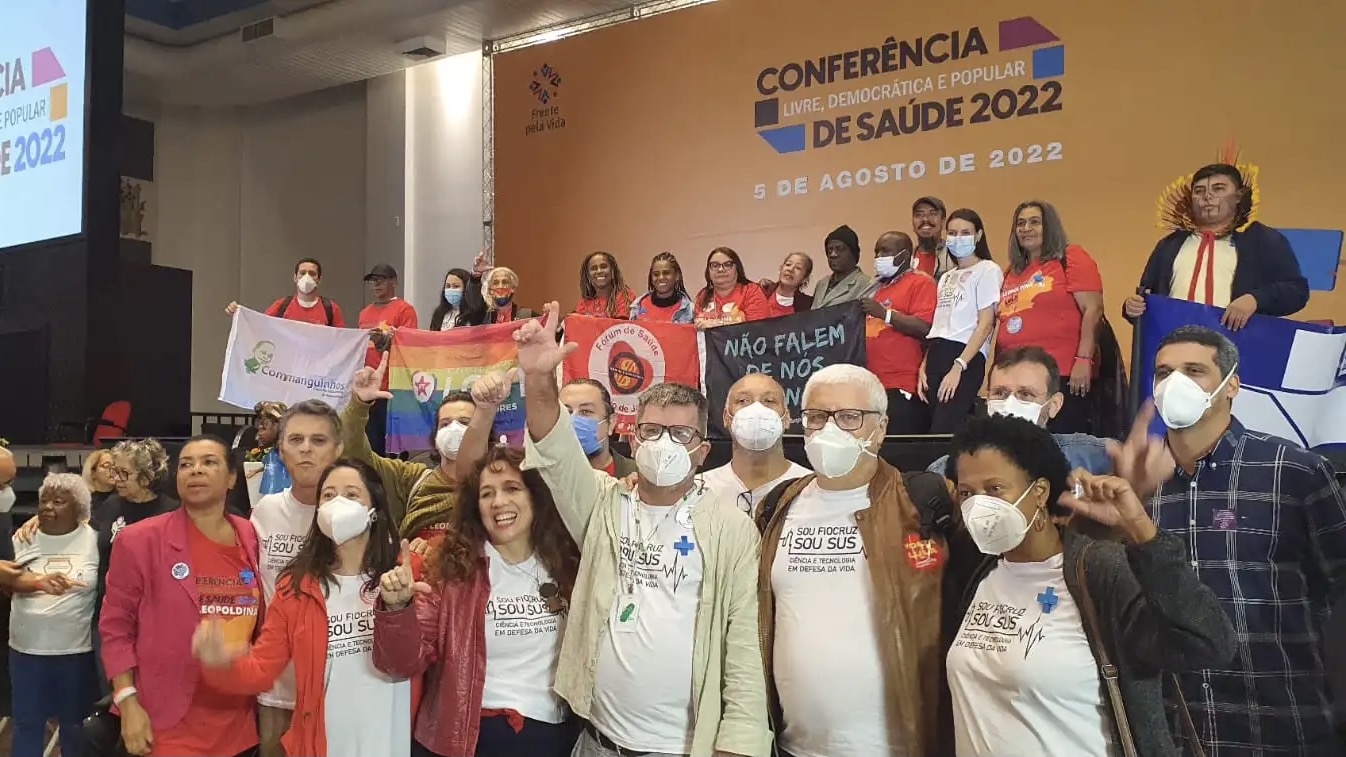 The Brazil we want, with health for all!
The Brazil we want, with health for all!
As Brazil re-embraces democratic values, one of the key priorities reactivated from the post-military dictatorship era is the right to health. The Brazilian constitution guarantees universal, free, and equal access to healthcare, an essential aspect for democratic social movements
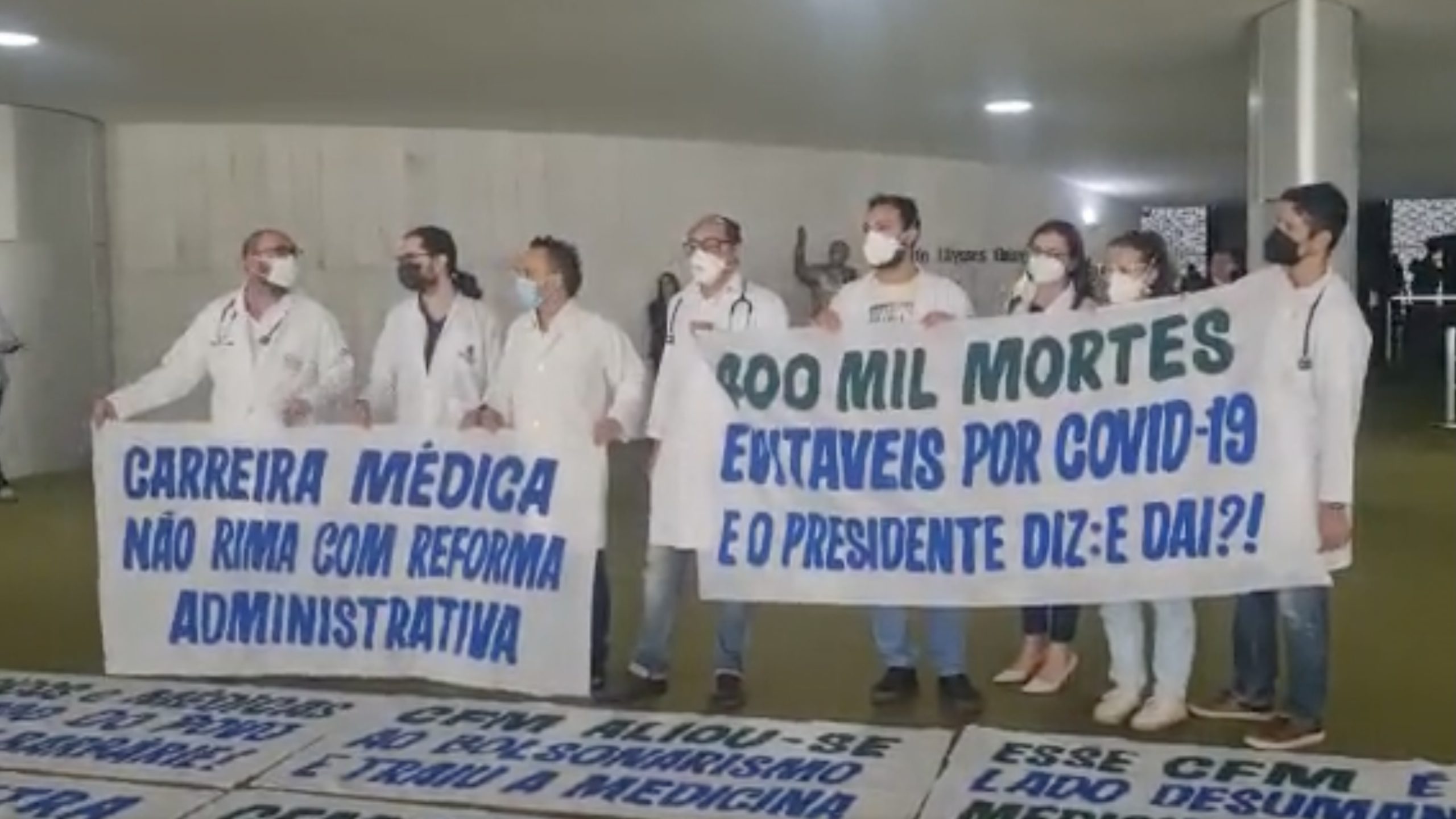 In four years of Bolsonaro, healthcare lost funding, quality and reach
In four years of Bolsonaro, healthcare lost funding, quality and reach
The new government begins work with billions less for the sector and faces the challenge of rebuilding primary care
 In first speech as president, Lula criticizes previous government and declares: “Democracy forever”
In first speech as president, Lula criticizes previous government and declares: “Democracy forever”
Without naming Bolsonaro specifically, the Workers’ Party leader lamented the “project of national destruction” that preceded him
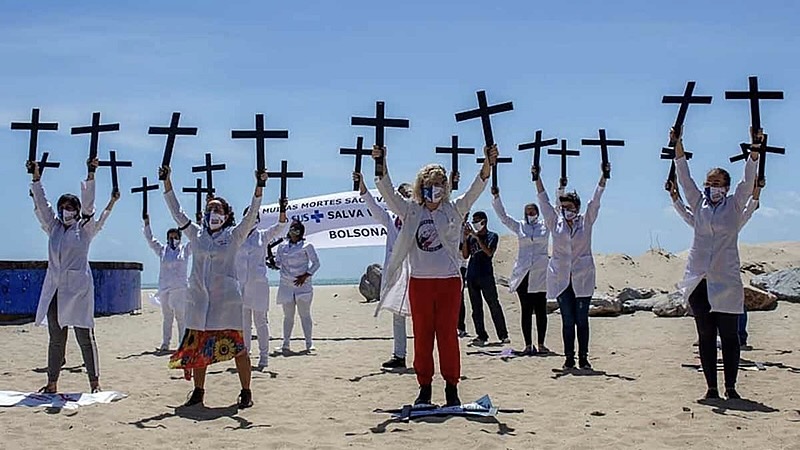 Minimum wage for nurses: Will Bolsonaro veto the law passed by Congress?
Minimum wage for nurses: Will Bolsonaro veto the law passed by Congress?
Workers and parliamentarians are advocating for funding of a proposal of increasing nurses’ rights and against a possible veto of the president
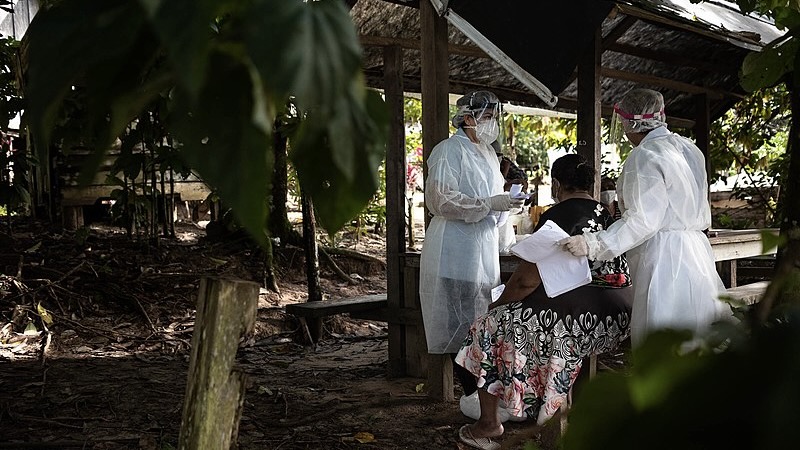 Health systems, pandemic response and social participation: lessons from Latin America
Health systems, pandemic response and social participation: lessons from Latin America
Latin America has been hard hit by the COVID-19 pandemic, following years of privatization and fragmentation of health systems, and low public investment in health
 Coronavirus, economic crisis and authoritarianism: Brazil’s perfect storm
Coronavirus, economic crisis and authoritarianism: Brazil’s perfect storm
Matheus Falcão and Maíra Mathias of the People’s Health Movement-Brazil analyze the government’s response to the COVID-19 crisis and examine the challenges faced by the public health system in dealing with such situations
 With no rights, informal workers are more exposed to coronavirus and the crisis
With no rights, informal workers are more exposed to coronavirus and the crisis
More than 38 million people – 41% of the labor force – are unable to follow guidelines with no safety nets


